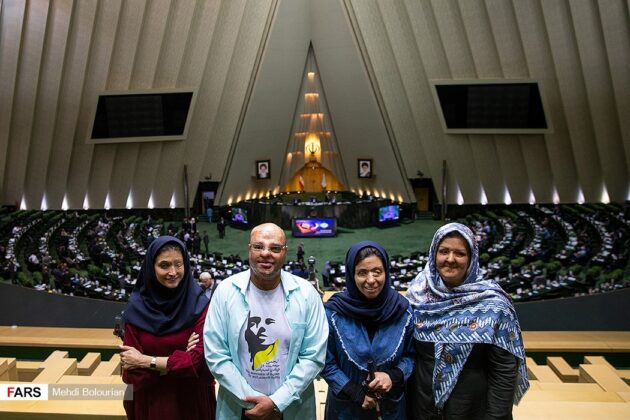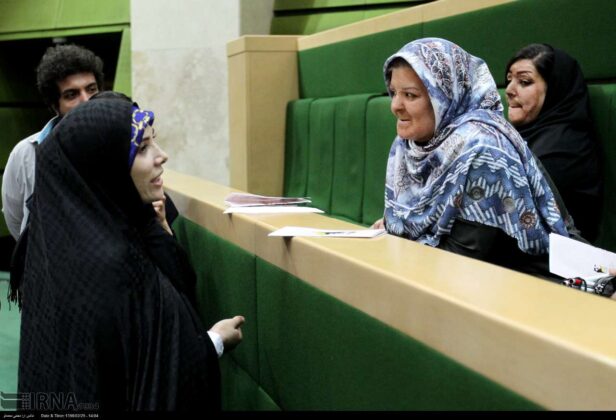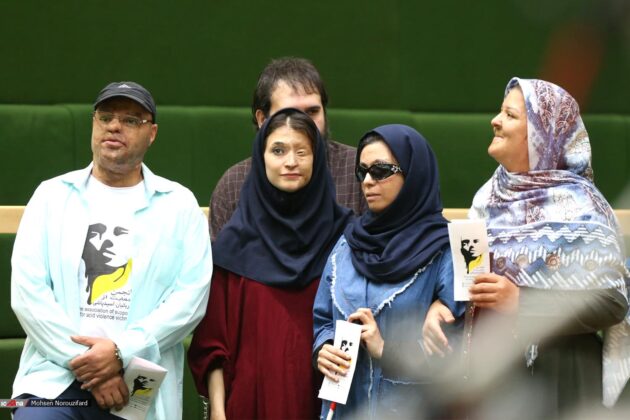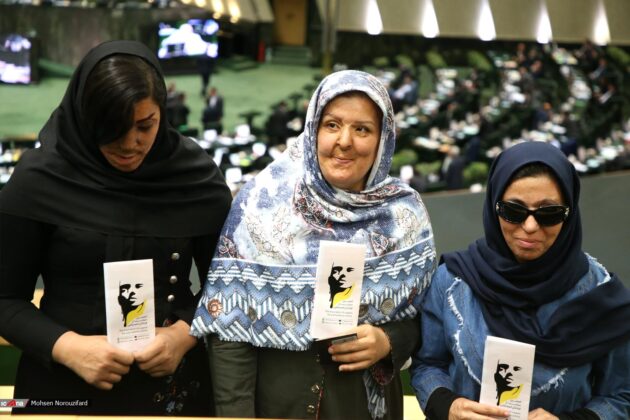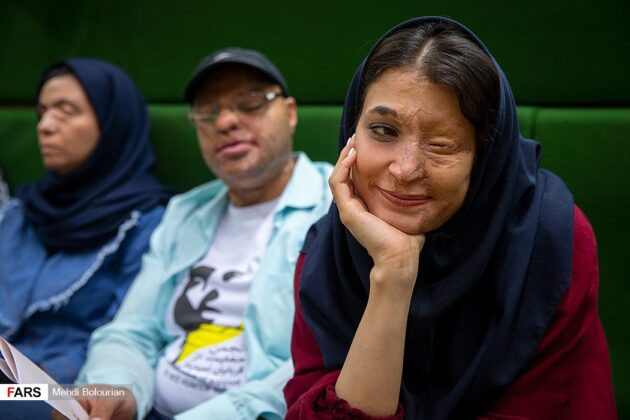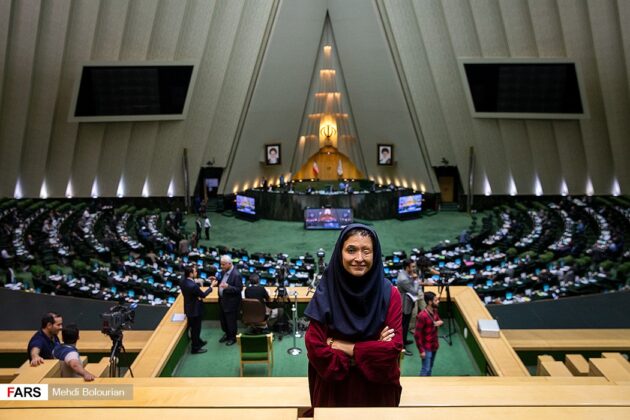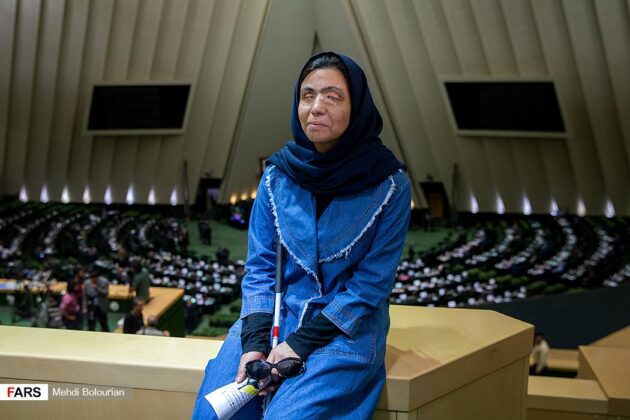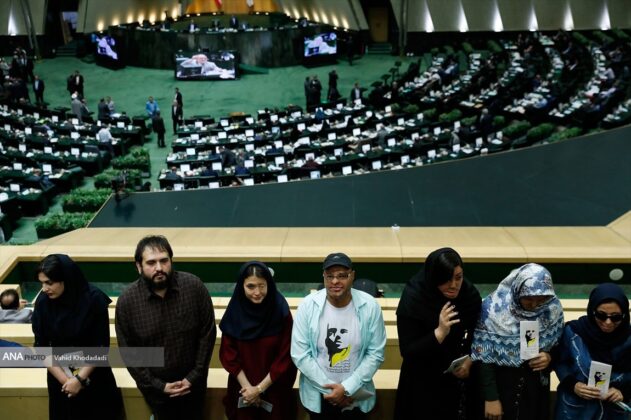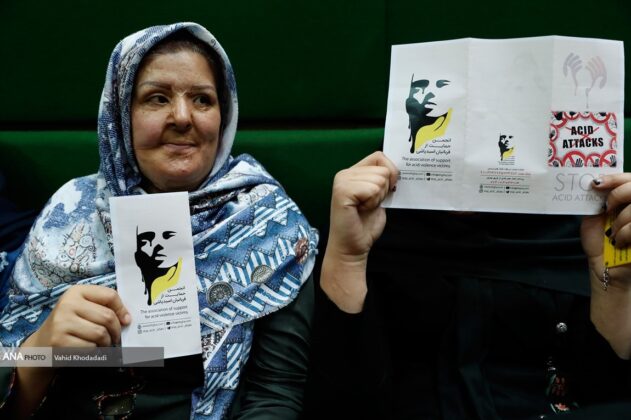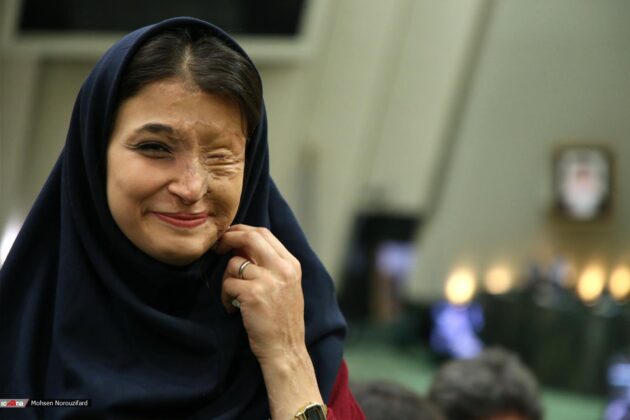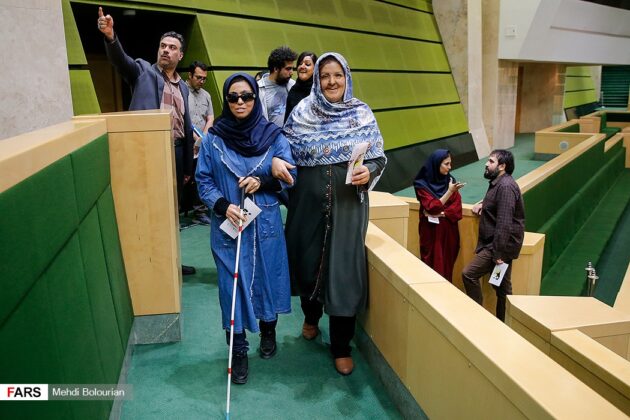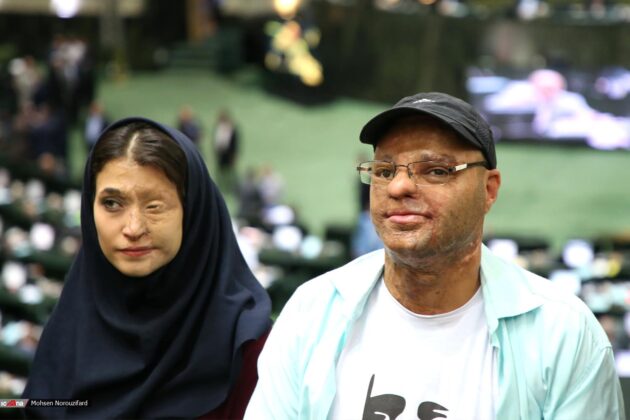The lawmakers voted 147-16 on Monday to almost unanimously approve the bill, marking a momentous day in the history of the Parliament.
The new legislation calls for the “retaliation in kind” of any damage caused to the victims in acid throwing attacks where the perpetrator has carried out the act preplanned and with “malice aforethought.”
When the crime in question is not punishable by eye for eye retaliation and the assailant is forgiven by the survivor, the assailant will still have to pay blood money to the survivor, according to the law.
In case the assailant runs off, the government will pay the blood money and reimburses all the costs once the attacker is in custody.
In addition to the blood money and eye-for-eye retaliation, the assailants will also face up to 25 years in prison.
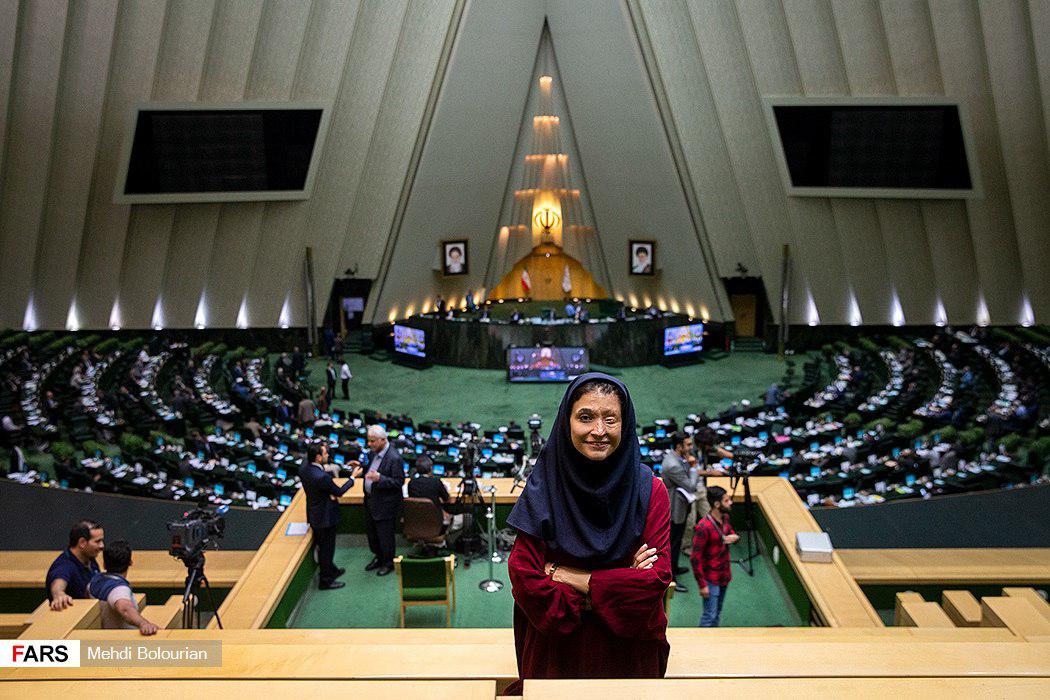
“These acts have caused irreparable damage and terrorized the society and therefore it is imperative to impose a severe punishment,” he added.
Norouzi said besides social and economic causes, poverty and free access to acid were also among the main reasons behind the increase in such crimes.
On Sunday, the parliament hosted a number of acid attack survivors, who discussed their issues and expectations from the lawmakers. Most of them argued they do not approve of more severe punishments, but called for stricter rules on the sale of acid.
The new legislation still needs to be ratified by the Guardian Council to be signed into law.
The issue of acid attacks jumped to headlines in Iran four years ago, when a spate of acid throwing attacks on four to ten women in Isfahan caused panic in the otherwise peaceful city.
According to eye witnesses, the male attackers riding on motorbikes threw acid on faces of young women while shouting statements against the targeted women’s allegedly loose clothing.
But authorities denied that the assaults had anything to do with the hijab, and some believe that the attacks were aimed at tarnishing the image of the Islamic Republic.
Acid attacks in Iran are usually linked to personal grudges.

